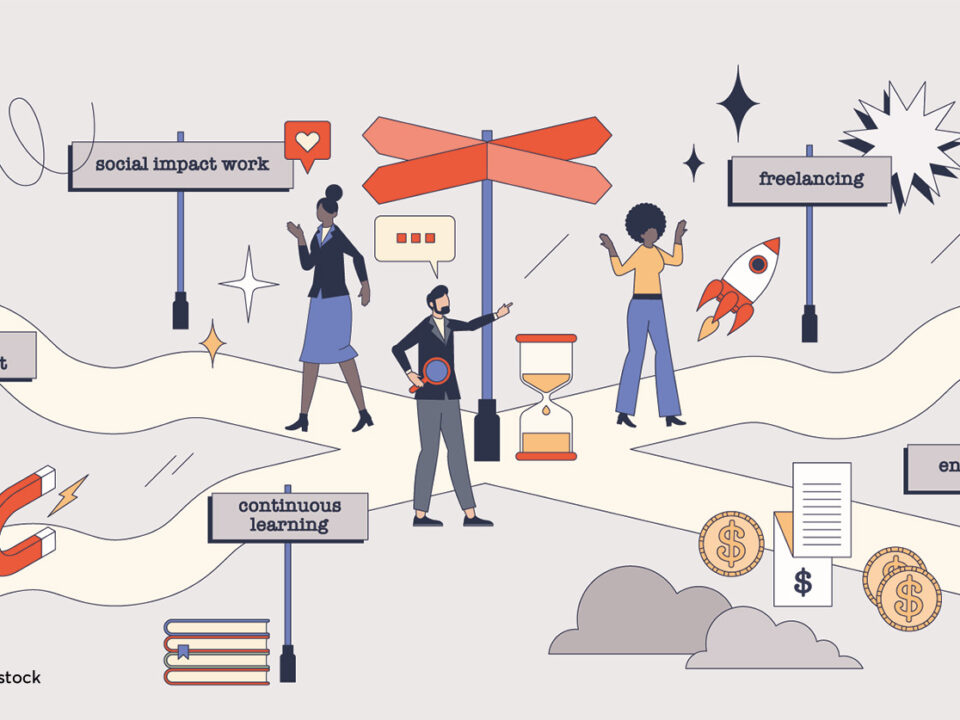Giorgos Argeitis, Professor, Department of Economics, NKUA, and Scientific Director of INE GSEE
The repercussions of the COVID-19 pandemic are complex and extend into key areas of the economy and society. That being said, due to significant upheaval in the labour market, employees are in many instances experiencing increased uncertainty and insecurity. The suspension of operations in sectors of the economy has led to a dramatic loss of working hours. These losses are expected to remain high in the fourth quarter of 2020, and it must be assumed that the same will hold true for the first quarter of 2021.
Increasing unemployment, and mainly the non-participation of workers in economic activity, is a salient characteristic of the current employment crisis and demands the attention of policy makers. These developments, in combination with losses in income, create strong pressure on disposable income and, by extension, the functioning of the economy. In the 2nd quarter of 2020, the average monthly wage fell by about 10% compared to the same quarter of 2019, and 72.9% of employees had incomes of less than €1,000.
To this situation, which has taken shape mainly as a result of the pandemic, we must add the new forces transforming the future of employment. Artificial intelligence, automisation, robotics, telecommuting, climate change and demographic trends constitute a new and highly unstable, uncertain and insecure environment. In the coming years, these forces will be a vehicle for creating and destroying jobs, and they will accelerate the need for qualitative upgrading of labour and the creation of institutions for adapting employees’ standard of living to the new conditions. The foregoing developments render imperative the creation of a new political approach that makes the economic role of labour and the value of protecting worker rights fundamental elements of the economy’s transition to a new, sustainable model that is inclusive in its distribution of wealth.
For this to happen, we need new perspectives and institutional changes that strengthen the role of labour. First, analysis and planning of interventions should not be limited to the usual rate of unemployment. The evaluation of employment’s contribution to creating the conditions for transformation of the development model should be broader and focus on the volume, sectoral distribution and quality of employment, as well as on the institutions for protecting labour and the labour relations determined by the dynamic of the labour market. The UN’s 2030 Agenda, and specifically Goal 8, raises precisely this need for evaluation of the job market situation through a set of indicators that assess:
- increase in productivity and decent work
- strengthening of wage equality between women and men
- strengthening of equal employment opportunities for all
- reduction of informal employment
- the percentage of young people who are not in jobs, education or training
- protection of fundamental labour rights and promotion of safety in the workplace
- improvement of the quality of labour through ongoing interventions for skill development, targeted professional training, policies for integration into employment.
It must be underscored that the ILO global jobs pact is not limited to just these parameters of a sustainable labour market. These parameters have to be combined with a new macroeconomic management of the economy that is oriented towards the creation of the greatest volume of employment, and with interventions for strengthening an institutionalised minimum level of social protection and protection of the distributive impact of collective bargaining.
Second, it is imperative to reorient the manner in which fiscal policy is exercised. Conventional management of fiscal policy is carried out through tools for micro-regulation that are aimed at a “trickle-down” spread of the benefits of fiscal policy, with transmission mechanisms functioning primarily through improvement of profits in the business sector. But experience shows that this policy fails to lead to increased employment for the lowest-paid workers, much less to the creation of conditions of full employment, while it contributes to increasing both uncertainty in the labour market and income inequality. These policies fail because they function in a way that first improves the employment prospects of those whom the private sector considers “most employable,” with those seen as “less employable” or “unemployable” being the last to see an improvement in their employment prospects.
We need a new approach in which fiscal policy focuses on establishing an automatic stabiliser aimed at reducing not the demand gap and the production gap, but the labour demand gap, and it must do this is a way that delivers measurable socio-economic results. An effective countercyclical fiscal policy is not one that boosts total spending when private-sector demand collapses, but one that aims to improve the income and employment of persons who are in the lower end of income distribution or are excluded from the labour market. In other words, fiscal policy should not strengthen the business sector on the assumption that new jobs will be created, but create jobs for everyone who is able to and wants to work.
Fiscal policy’s labour-demand objectives can be set based on the planning of a countercyclical programme that directly increases employment when private-sector demand falls mainly for workers experiencing the most uncertain employment conditions, the longest periods of unemployment and the greatest difficulty reintegrating into the labour market. A “trickle-up” fiscal policy is one that directly creates jobs that ensure economic recovery through increased employment of persons just entering the labour market and those who are structurally, cyclically or seasonally unemployed. There are a number of alternative proposals for the form such a fiscal intervention programme might take. Among these, we underscore the importance of the “employer of last resort” proposal. This institution has many social and growth dimensions:
- increase in the volume and quality of employment
- strengthening of macroeconomic stability and price stability
- improved quality of life and equal opportunities
- contribution to ecological activity and green development
- contribution to productive transformation and countries’ resilience to economic upheaval.
Third, the minimum wage must be redefined as a decent living wage in order to become an organic ingredient of a sustainable and just development model. Minimum wage is a policy tool that can play an important role in creating decent living conditions, in combination with the strengthening of other institutions, such as collective bargaining and collective labour agreements. As an institution for protecting low-income workers, it creates a minimum of disposable income for them and bolsters domestic demand. A decent minimum living wage could be adjusted to 60% of the average wage, thus ensuring that workers can cover their basic needs and participate in social and cultural life, which is a fundamental social right. The foregoing analysis leads us to a very practical economic policy proposal. Setting a living wage as the main goal, the minimum wage should be adjusted to 60% of the average wage, so that the minimum level of a decent standard of living becomes the line of relative poverty. This could happen based on the determination of timeline to be agreed upon following negotiations among the social partners.
-
 Giorgos Argeitis
Giorgos Argeitis
Professor, Department of Economics, NKUA, and Scientific Director of INE GSE




